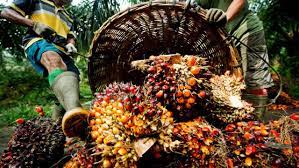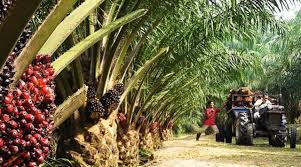Nigeria expends $600 million on palm oil importation annually, the National Palm Produce Association of Nigeria (NPPAN) confirms.
According to Alphonsus Inyang, the national president of the association, in an interview with NAN on Tuesday in Abuja, these expenses are unhealthy for national development.
Inyang stated that such funds could have been invested in the agricultural sector, specifically the palm oil sub-sector, if previous governments had paid the required attention to it. He explained that Nigeria was self-sufficient in palm oil production in the past; however, it now spends heavily on importing the same product.

In the 1960s, Nigeria topped palm oil production and exportation globally, controlling over 60 per cent of the world’s palm oil market, he added.
NPPAN’s national leader said more than 50 per cent of what the nation now consumes is imported.
“At the moment, the country occupies the fifth position in the league of palm oil-producing countries after Indonesia, Malaysia, Thailand, and Colombia.
“Nigeria may even lose this position to smaller countries that are investing heavily in the sector.
“Indonesia occupies the first position, producing 50 million metric tonnes, Malaysia is second with 19 million metric tonnes, Thailand produces 3.28 million, and Colombia 1.9 million metric tonnes,” he said.
He attributed the challenge to the neglect of the sector by successive governments.
Inyang said that, based on the U.S. Department of Agriculture, Nigeria currently occupies fifth position in the league of palm oil-producing countries with 1.5 per cent or 1.4 million metric tonnes of the world’s total output.
“Nigeria was overtaken as the world’s largest palm oil producer and exporter by Malaysia and Indonesia in 1966.
“Currently, Nigeria is the largest consumer of the product on the continent, consuming approximately three million metric tonnes yearly.
“Domestic production stands at less than 1.4 million metric tonnes, leaving a deficit of over 1.6 million metric tonnes,’’ he said.
Inyang specifically called on the federal ministry of agriculture and food security to support NPPAN members with seedlings to develop 250,000 hectares per year.


